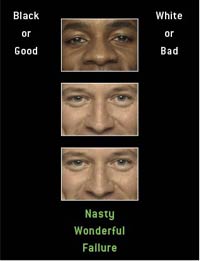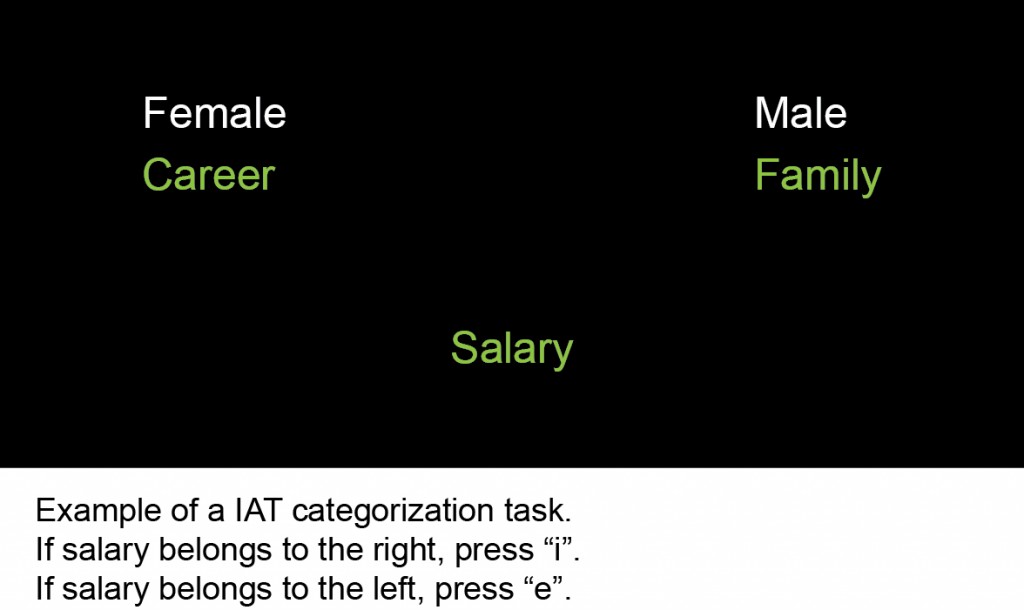Fear
The characters in both Lost and Lord of the Flies have manifested fear all around them on the island. A monster or beast is created in both Lost and Lord of the Flies. These beasts/monsters represents greed, evil, and hatred, in which the characters fear. Both Locke and Simon encounter the beast/monster alone and see the truth, for Locke his encounter with the monster isn’t revealed however, seeing the truth of the beast ultimately leads to Simon's death. Another form of fear is shown on the island involving Jack, from Lost, and Ralph, from Lord of the Flies, this is the fear of not being rescued. Both Jack and Ralph are uneasy at the thought of never being rescued, however Jack makes this issue evident to the group but turns it around to motivate the group to make plans of survival, and be realistic. Unlike Ralph, who gives the boys hope of being rescued and shuts down discussion about not being rescued. Fear is also used as a tactic for manipulation. Both Annalucia, from Lost, and Jack, from Lord of the Flies, strike fear into the group in order to achieve what they want. Annalucia uses fear by attacking someone on the island, and saying it was one of the ‘others’ that the group fears, in order to get to the guns and find people willing to participate in the army she wants to create. Jack uses fear on the island in order to manipulate the boys by making Ralph look inadequate to protect the group from the ‘beast’, and provide them with food. Naturally gave the boys feelings of perturbation and join Jacks group, which was the exact power that Jack lusted over. Fear is a very evident and recurring theme in both Lost and Lord of the Flies and is tied into many different aspects of the novel and show.
 |
| This is Jacks tribe that severed from Ralph, due to fear instigated by Jack from Lord of the Flies |



